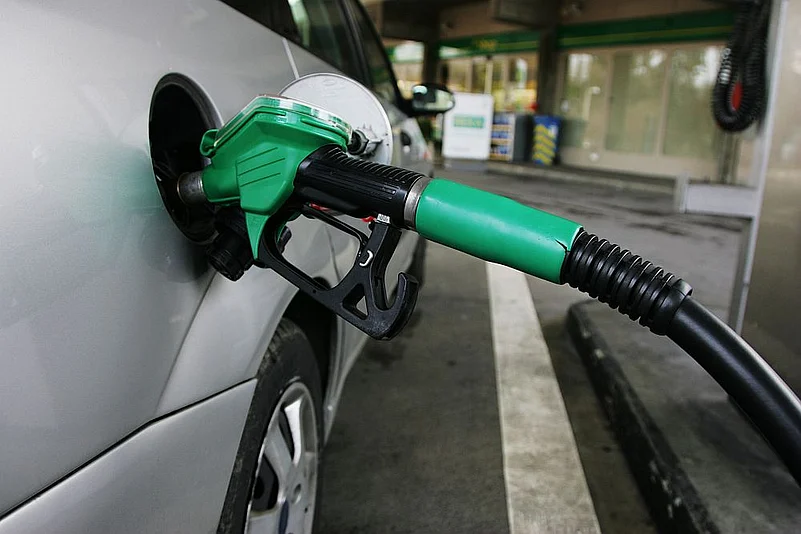Petrol Pump owners across the country may shut shop every Sunday from May 14 and operate from 9 am to 6 pm on weekdays following the week from May 15 this year.
This is in concurrence with Prime Minister Narendra Modi's vision to reduce fuel consumption in the country, says Business Standard. According to the report, the CIPD has decided to declare Sunday as holiday.
"In line with the Prime Minister's appeal to reduce fuel consumption the CIPD has decided to request its members to declare Sunday as holiday from 14 May 2017," the report quoted A D Sathyanarayan, President, Consortium of India Petroleum Dealers as saying.
The association claims to have more than 25,000 petrol pumps covering south and Maharashtra.
Advertisement
Except for emergency services like ambulances, the petrol pumps will not be available for regular vehicles, says the report quoting CIPD president A D Sathyanarayan.
However, it is also suspected to be a tactic to pressurize the government for higher commission. According to a report by the NDTV, the petrol dealers association will observe May 10 as a "No Purchase Day" to press for their demands for higher margins.
Quoting Ravi Shinde, the general secretary of Consortium of Indian Petroleum Dealers, the report said "oil marketing companies have not honoured their written commitment of giving dealer margins in line with Apurva Chandra committee report".
Advertisement
According to the committee report, dealers should be getting Rs. 3,333 per kilolitre on petrol and Rs. 2,126 per kilolitre on diesel, he said, referring to dealers' margins. "We are currently getting Rs. 2,570 and Rs. 1,620 for petrol and diesel respectively," he added.
In January this year, petrol pumps had threatened to stop accepting card payments after banks said the transaction charges of up to 1 per cent will have to be borne by them, following the government's decision that customers will not have to pay transaction charges if paying via debit or credit cards. The step was taken to promote digital transactions, in the backdrop of demonetisation.




















